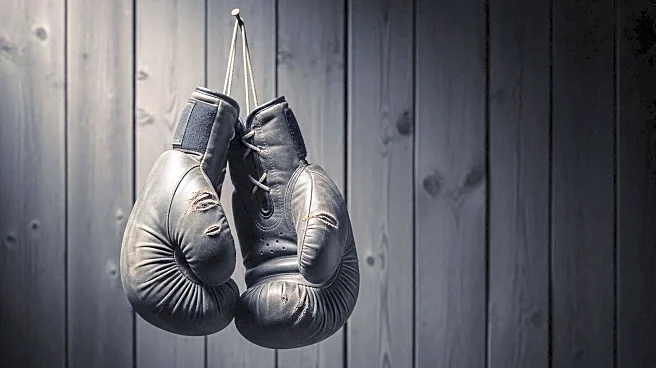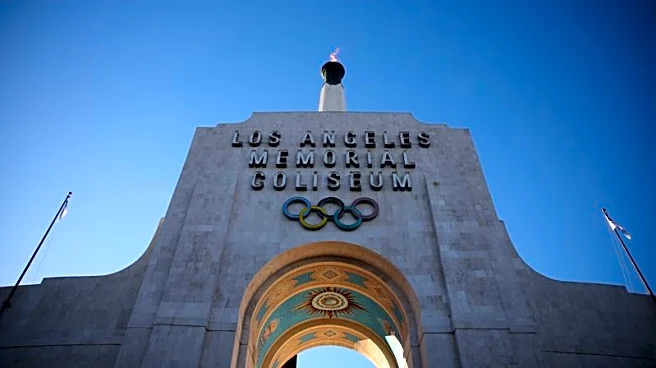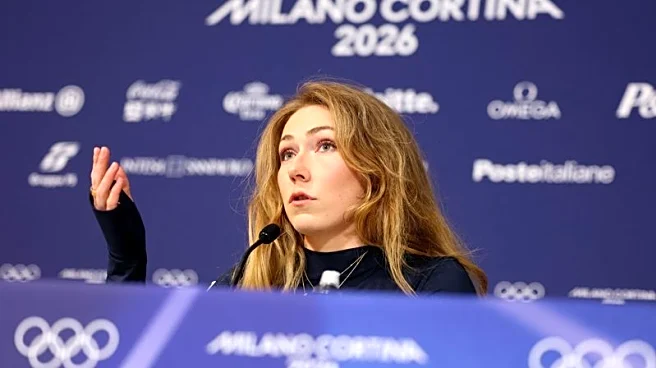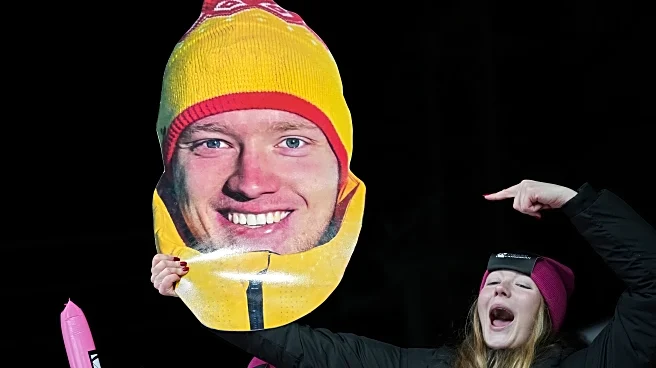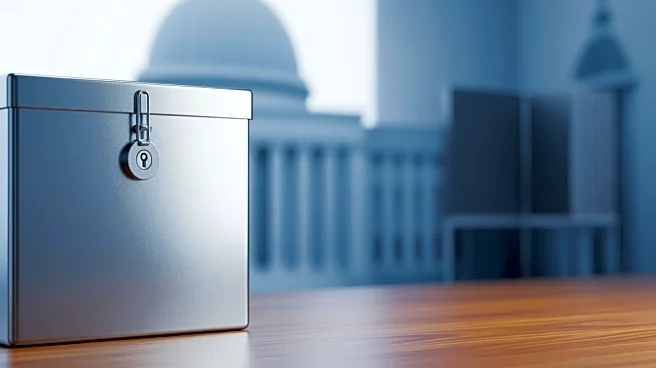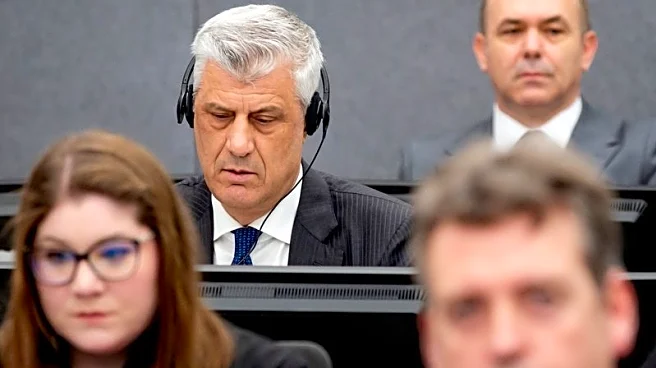What is the story about?
What's Happening?
Dustin Poirier, former interim UFC lightweight champion, has expressed difficulty in adjusting to life after retiring from professional fighting. Poirier retired following his bout against Max Holloway at UFC 318 in Louisiana, where he competed for the BMF title. Despite considering retirement after his fight against Islam Makhachev, Poirier chose to have a homecoming fight. Now, he is focusing on family life with his wife Jolie and daughter Tatiana, while expecting a son later this year. Poirier remains active through public appearances, TV punditry, and autograph sessions, but admits missing the sport deeply.
Why It's Important?
Poirier's retirement marks the end of a significant era in UFC, as he was a prominent figure in the lightweight division. His struggle to adapt to life post-retirement highlights the challenges athletes face when transitioning away from their sports careers. This development may influence discussions on support systems for retired athletes, emphasizing the need for mental health resources and career transition programs. Poirier's continued engagement with fans and media suggests he may remain influential in the sport, potentially impacting future UFC narratives and fan engagement.
What's Next?
While Poirier has ruled out a boxing match with Nate Diaz, his future endeavors may include more media appearances and involvement in UFC events as a commentator or analyst. His openness about retirement challenges could lead to advocacy for athlete support initiatives. Fans and the UFC community may continue to follow his post-retirement journey, potentially influencing how the sport addresses athlete transitions.
Beyond the Headlines
Poirier's candid admission about missing the sport every day sheds light on the emotional and psychological aspects of retirement for athletes. This could spark broader conversations about the identity crisis many athletes face when leaving their sport, prompting organizations to develop comprehensive support systems. Poirier's story may inspire other athletes to share their experiences, fostering a more open dialogue about mental health in sports.
